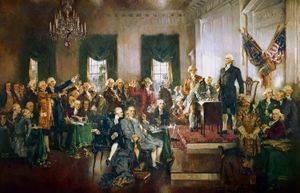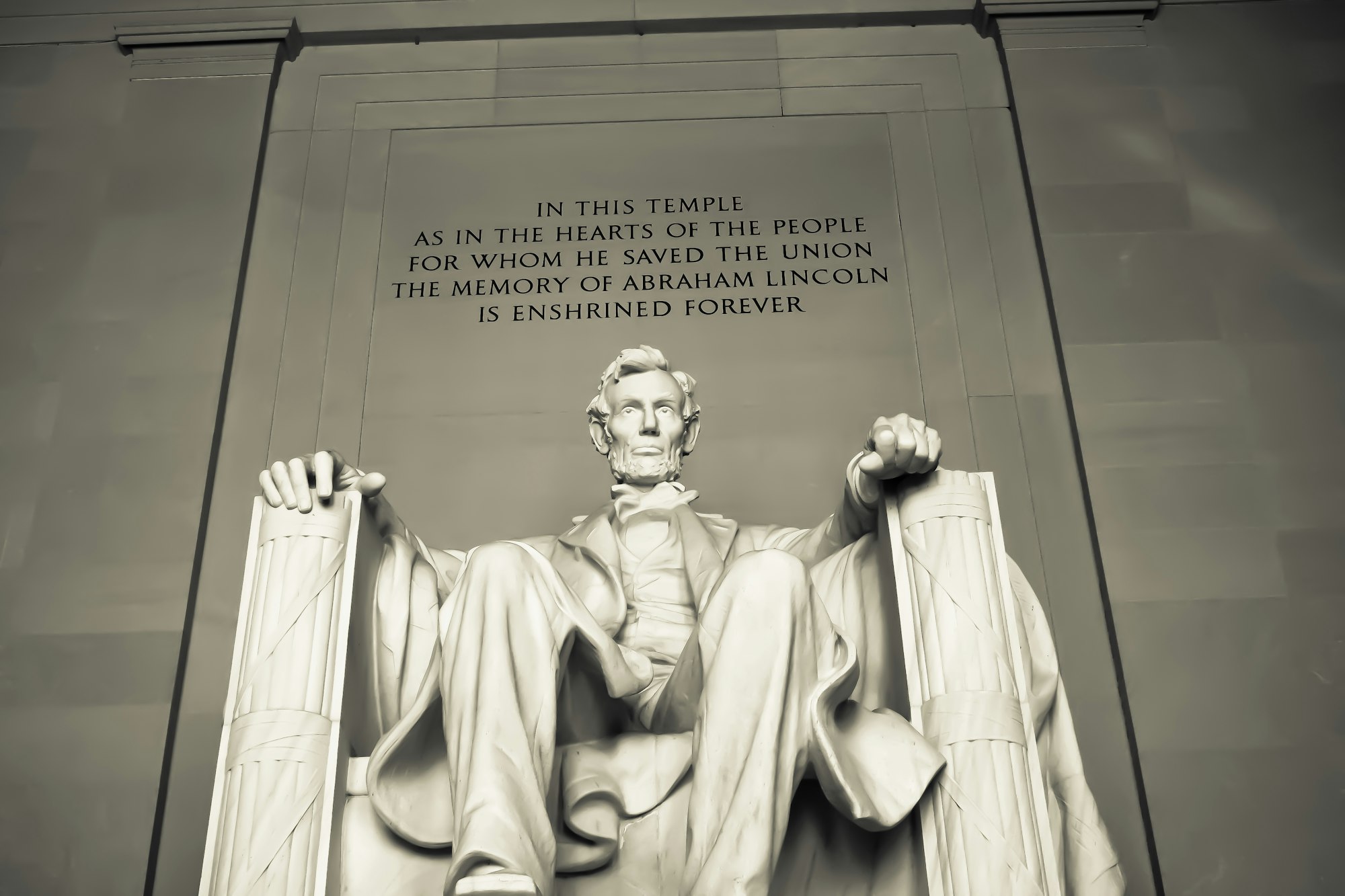Join Harry and Philip as they continue an exploration of the role of myth in political life by looking more closely at the myths which have historically underpinned American politics. What is the relevance of historical American myth to today’s controversies and culture wars? How does history help illuminate current challenges? Most importantly, what can we do when lived realities render myths unbelievable to citizens in a democracy?
Next week, we will be evaluating the emergence of new myths and narratives in American political life, and the consequences of those new myths.
Further Reading
- “1776 Report,” by the President’s 1776 Advisory Commission.
- After Nationalism, by Samuel Goldman.
- “America Wasn’t a Democracy, Until Black Americans Made it One,” by Nikole-Hannah Jones, in New York Times Magazine.
- Federalist No. 2, by John Jay.
- “The Perpetuation of Our Political Institutions: Address Before the Young Men's Lyceum of Springfield, Illinois,” by Abraham Lincoln.
Table of Contents
00:00 - Introduction
00:36 - Excerpt from Lincoln's Lyceum Speech
03:14 - Recap of last week
04:56 - Episode topic, main questions
06:06 - Contemporary challenges, the relevance of this discussion
08:02 - Historical precedent of changing myths
— 10:02 - First myth: "Covenant"
— 15:11 - Second myth: "Crucible"
— 19:53 - Third myth: "Creed"
23:55 - Why is this myth being challenged?
26:44 - What is the challenge posed by the 1619 Project?
27:34 - The lesson offered by 1619
29:11 - Defenses of American myth, 1776 Report
30:59 - The lesson offered by 1776
33:11 - Two options with myth at risk
36:47 - The way forward for American myth
38:22 - Next week's topic
39:01 - Signing off




Comments
Join the conversation